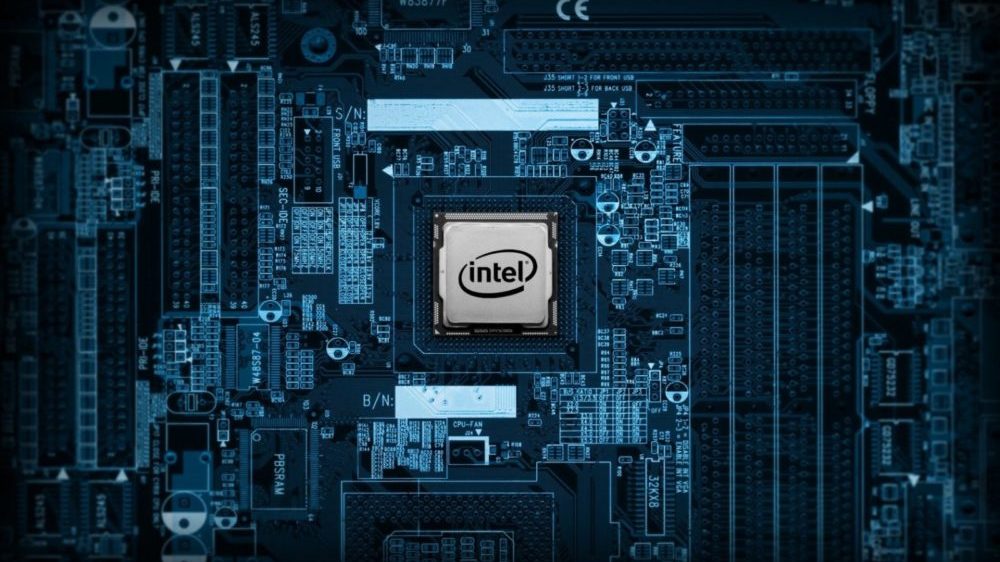Intel is taking steps to make virus-scanning faster and more in-depth on PCs.
Through Accelerated Memory Scanning, anti-virus vendors will be able to use the integrated graphics chipset of Intel processors for faster scanning, while also conserving battery life on laptops. The offloading makes sense given the lower strain put on the GPU in normal conditions.
Integration With Anti-Virus Software
The company has already partnered with Microsoft for integration with Windows Defender Advanced Threat Protection, which should bring the feature to the market later this month. More vendors should join in later this year.
GPU integration allows more hardware-backed scanning to be completed, putting less strain on the CPU. According to Intel, it reduces CPU utilization from 20 to 2-percent in its tests.
ALSO READ
Intel Introduces Core i9 and Hexa-core Core i7 For Laptops
Intel hasn’t yet announced how much of a performance hit graphical performance can be expected to take, and whether it’ll affect users who need graphical power. One can expect an option to toggle the option off or make the intelligent allocation of tasks better under strenuous conditions.
Availability
Expectedly, the feature will be available on the more recent Intel chipsets, namely the 6th (SkyLake), 7th (Kaby Lake), and 8th (Coffee Lake) generation processors. While it was largely older, single-threaded processors that struggled with anti-virus applications, the feature will still bring performance improvements, especially while multitasking.
That’s not all, Intel aims to bring boot and hardware protections for applications in the future, through better processor designs, so that attacks such as Spectre and Meltdown can be evaded in the future. With AMD coming in full force with its new Ryzen CPUs, Intel needs something strong to maintain its lead in the PC/laptop market.
Via The Verge





















